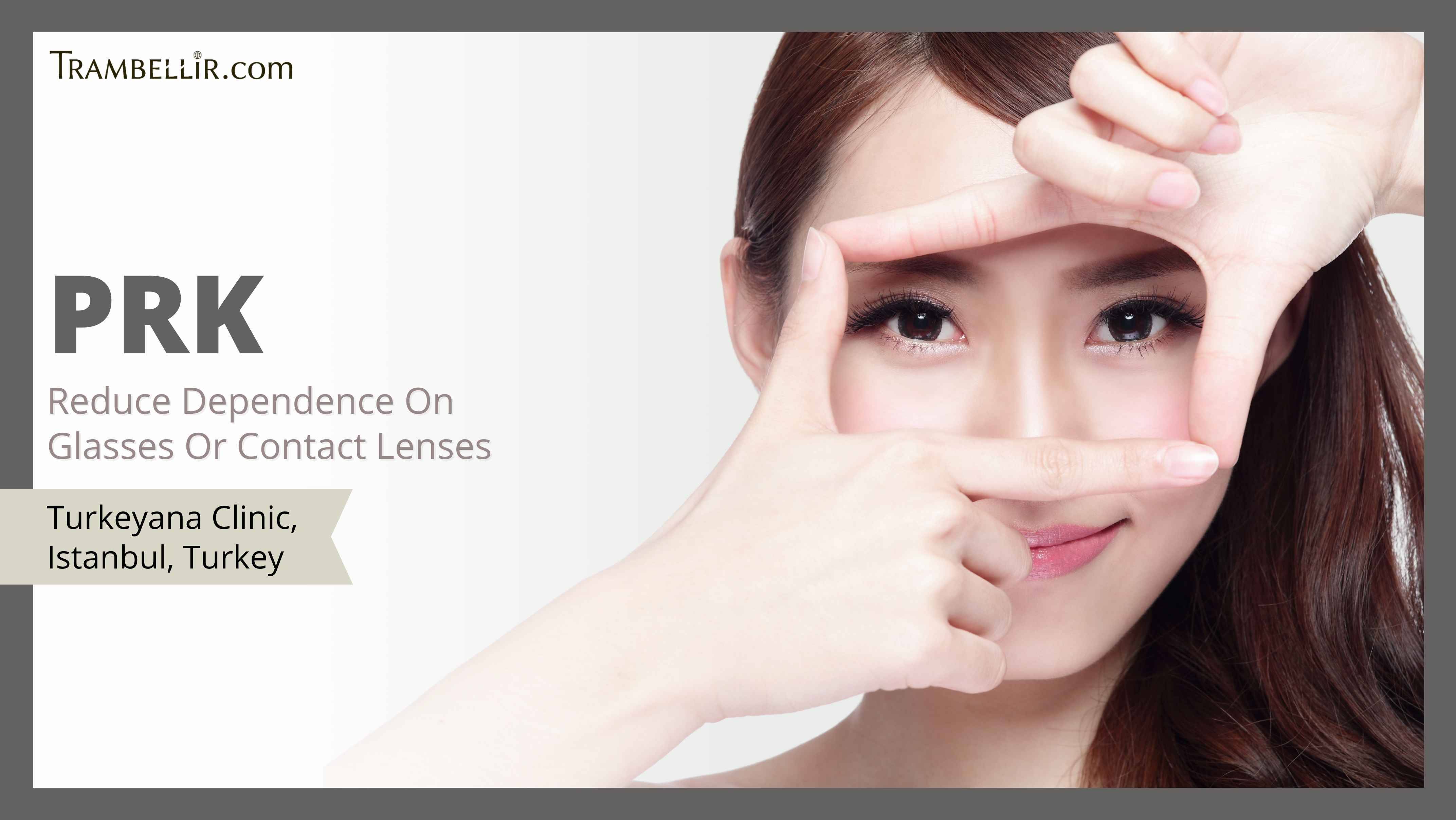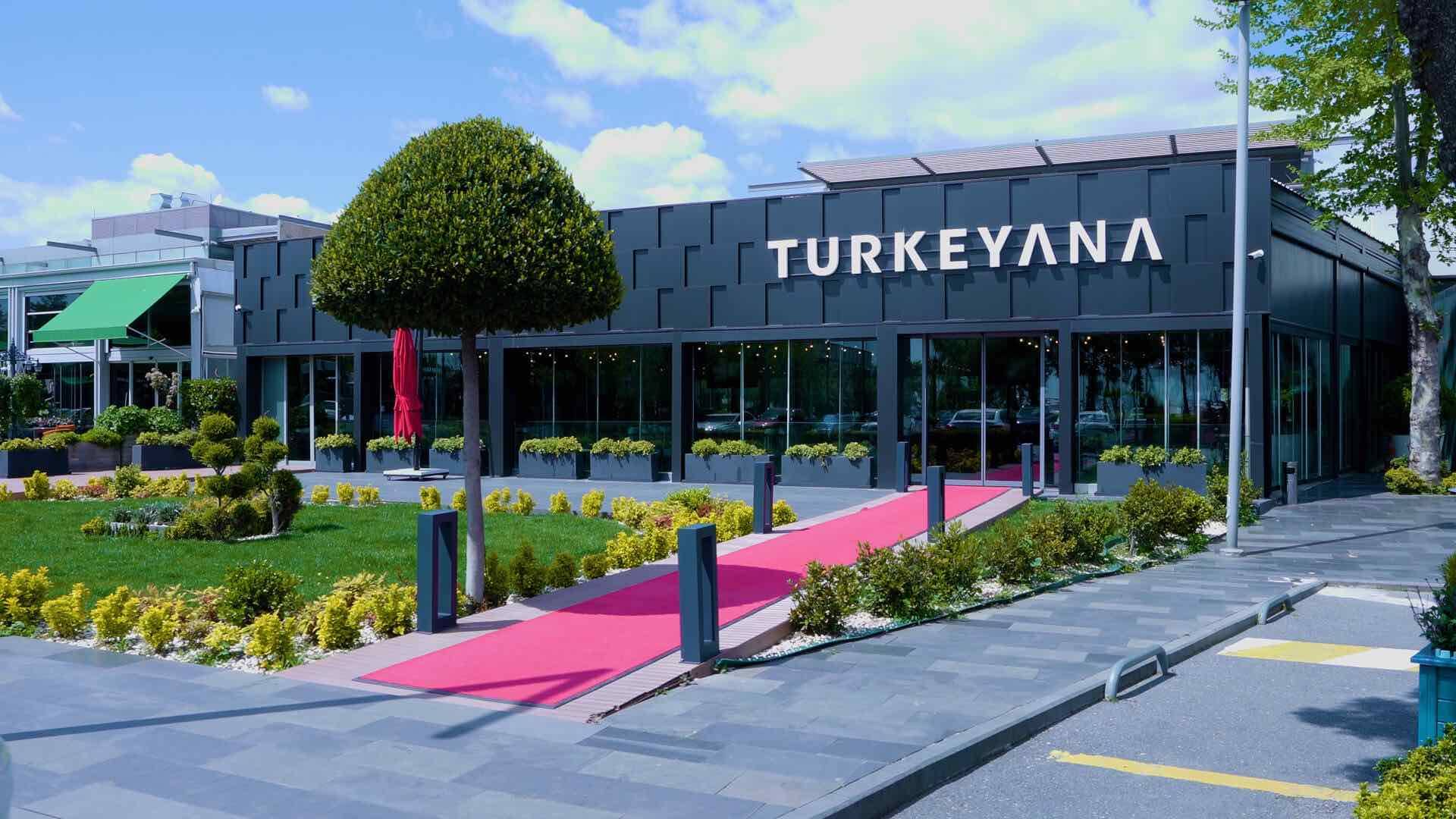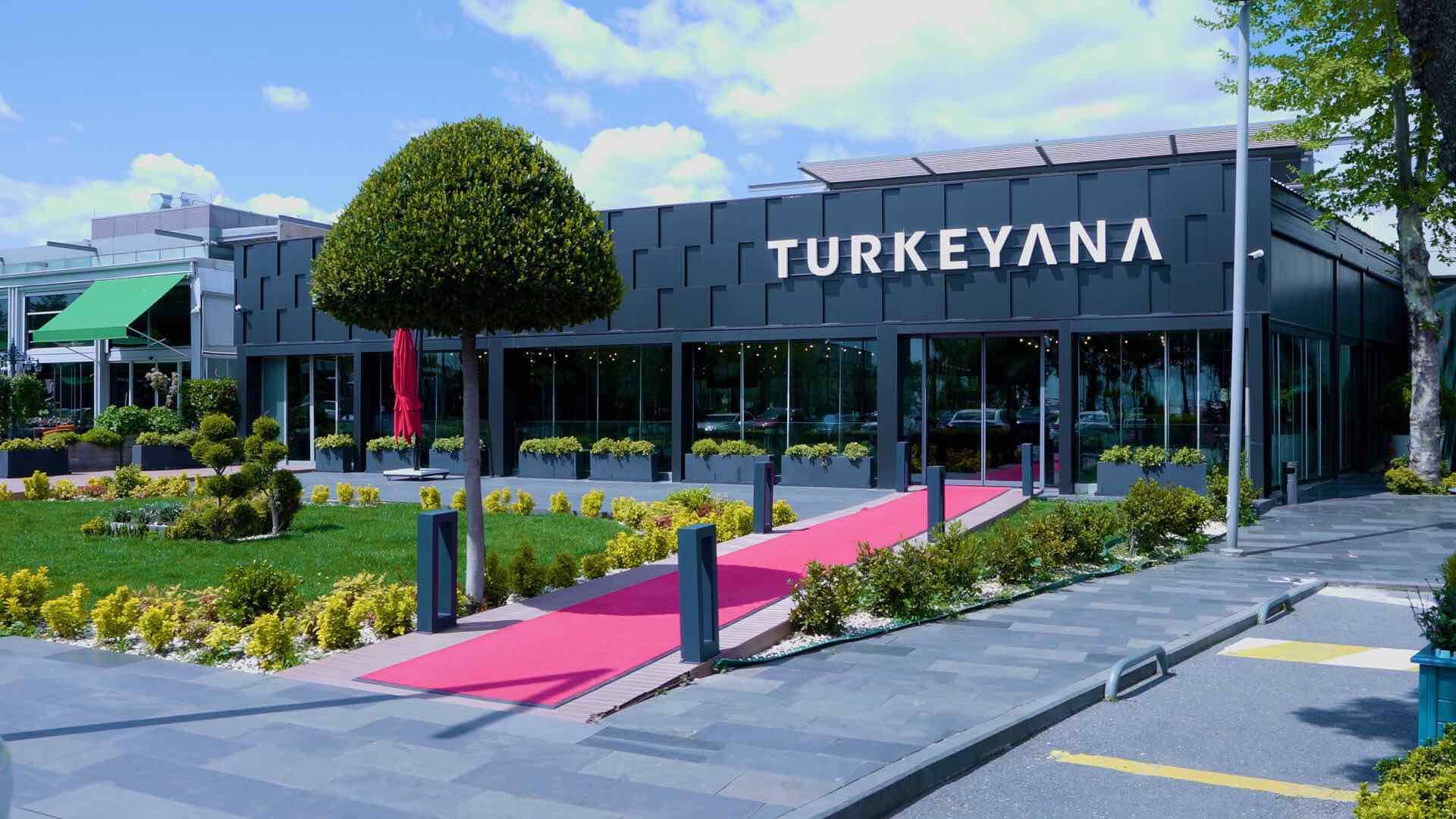It Is Suitable For
· Those in Istanbul looking for safe and proven vision correction options.
· Those with thin corneas.
· Those with dry eyes.
· Those who want to reduce dependence on glasses or contact lenses.
· Those who wish to have permanent correction of nearsightedness, farsightedness, or astigmatism.
What Is PRK?
PRK is a laser eye surgery known as Photorefractive Keratectomy, developed to correct refractive errors such as nearsightedness (myopia), farsightedness (hyperopia), and astigmatism. The procedure improves how light focuses on the retina by reshaping the surface of the cornea. Unlike LASIK, PRK does not involve creating a corneal flap. Instead, the thin outer layer of the cornea, called the epithelium, is gently removed to allow the laser to access and reshape the corneal tissue beneath.
The procedure relies on an excimer laser, which uses cool ultraviolet light to precisely remove microscopic amounts of tissue from the cornea. This reshaping process allows incoming light to focus more accurately on the retina, producing sharper and clearer vision.
PRK offers numerous benefits for those who may not qualify for other types of refractive surgery. It is particularly suitable for corneas that are too thin for LASIK and for those who prefer to avoid the creation of a corneal flap. The method has a proven record of delivering stable, long-term results with minimal risk of complications. Many patients achieve 20/20 vision or better, enjoying reduced dependence on corrective lenses. In addition to improving visual clarity, PRK promotes long-lasting eye health and structural stability, providing a safe and dependable path to clearer vision under the care of an experienced doctor at our affiliated clinic.
How It Works
PRK begins with a detailed consultation by the doctor at our affiliated clinic, where a comprehensive eye examination is performed to assess corneal thickness, overall eye health, and the stability of the vision prescription. This initial assessment ensures the most accurate treatment plan for achieving optimal visual correction. Once suitability is confirmed, the procedure is scheduled and carefully explained, allowing each patient to understand the process and expected recovery timeline.
On the day of the procedure, local anesthesia is applied to ensure complete comfort throughout the procedure. The doctor gently removes the thin outer layer of the cornea, known as the epithelium, using a specialized brush, alcohol solution, or laser technique. Once the corneal surface is prepared, an excimer laser is used to reshape the underlying tissue with precise, computer-guided pulses of ultraviolet light. This process corrects refractive errors by refining how light enters and focuses on the retina. The entire procedure generally takes about 30 minutes per eye, with the laser application itself lasting only a few seconds.
After the laser reshaping is complete, a soft, protective contact lens is placed on the treated eye to act as a bandage and promote healing. The epithelium naturally regenerates over the next several days. Mild discomfort, or light sensitivity may occur during the initial healing phase, which typically lasts about 3 to 7 days. Most patients resume normal daily activities within a week, while vision continues to improve over the following weeks. Although the recovery period is slightly longer compared to LASIK, PRK provides equally effective, lasting visual results with a lower risk of corneal complications.
PRK Procedure
1. Consultation will be conducted with the doctor.
2. Eye measurements will be taken.
3. Local anesthesia will be applied.
4. Thin outer epithelial layer will be removed.
5. Excimer laser will be used.
6. Protective contact lenses will be placed.
Advantages and Limitations of PRK
<Advantages>
· Enhances visual clarity
· Improves long-term eye stability
· Reduces dependence on eyeglasses
· Promotes natural cornea regeneration
· Prevents future vision strain
· Stabilizes vision results
· Improves overall eye comfort
<Limitations>
· Temporary mild discomfort or light sensitivity may occur 3 to 7 days after procedure
PRK Preparation
· Avoid wearing contact lens for 1 week before procedure
· Avoid wearing eye makeup, creams, and lotions for 24 hours before procedure
· Avoid smoking and alcohol consumption 3 to 5 days before procedure
· Inform doctor any ongoing medications
PRK Post Care
· Avoid removing protective contact lenses for 5 to 7 days after procedure
· Avoid rubbing or touching the eyes for 1 to 2 weeks after procedure
· Avoid direct sun exposure and wear sunglasses for 1 month after procedure
· Avoid wearing eye makeup and facial creams for 2 weeks after procedure
· Avoid strenuous activities, swimming, and dusty environment for 2 to 4 weeks after procedure
· Avoid too much use of digital screens for 3 to 5 weeks after procedure
FAQ
Q1: How long does it take to recover from PRK?
A1: Initial recovery after PRK takes about 1 week, during which the corneal surface regenerates.
Q2: How long do PRK results last?
A2: PRK results are long-lasting. Once the cornea heals and stabilizes, vision improvement from PRK is typically permanent. However, natural aging processes such as presbyopia may still affect near vision later in life.
Q3: Can PRK correct astigmatism?
A3: Yes, PRK effectively corrects astigmatism by reshaping the corneal surface, allowing light to focus more evenly on the retina.
Q4: How is the cornea protected after PRK?
A4: After PRK, a soft contact lens is placed over the cornea as a protective bandage. This lens remains in place for about 5 to 7 days until the epithelium regenerates completely.
Q5: Can PRK be performed on those with dry eyes?
A5: Yes, PRK is often recommended for mild to moderate dry eyes since it avoids the corneal flap that can worsen dryness in LASIK procedures.
Clinic Information
[Clinic Name] Turkeyana Clinic
[Location] Istanbul, Turkey
[Nearest Station/ Nearest Tourist Destination] About 10 minutes walking distance from Bakırköy Sahil commuter station as well as a few surrounding tourist attractions
[Clinic Opening Time] 24 hrs
| Operation Time |
30 mins per eye
|
| Recovery Time |
1 week
|
| Number of Postoperative Visit |
Depending on treatment plan
|
| Hospitalization |
Not required
|
| Limitations |
Temporary mild discomfort or light sensitivity may occur 3 to 7 days after procedure |
| Cancellation Policy |
If cancellation is made after the booking confirmation, you will be charged 50% of the treatment's fee |
| Include In This Price |
Pre-Travelling Consultation Fee, Post Surgery Consultation Fee |
| Location |
Zeytinlik mah Kennedy Cad. No:24 İç Kapı No:1, 34140 Bakırköy/İstanbul, Turkey |
Terms of Service
Trambellir is a health tourism platform and does not in any way provide, promote, or sell any
medication or medical treatment to the Customers.
Customers are advised to contact the healthcare providers directly for any enquiries related to
medical treatments.



